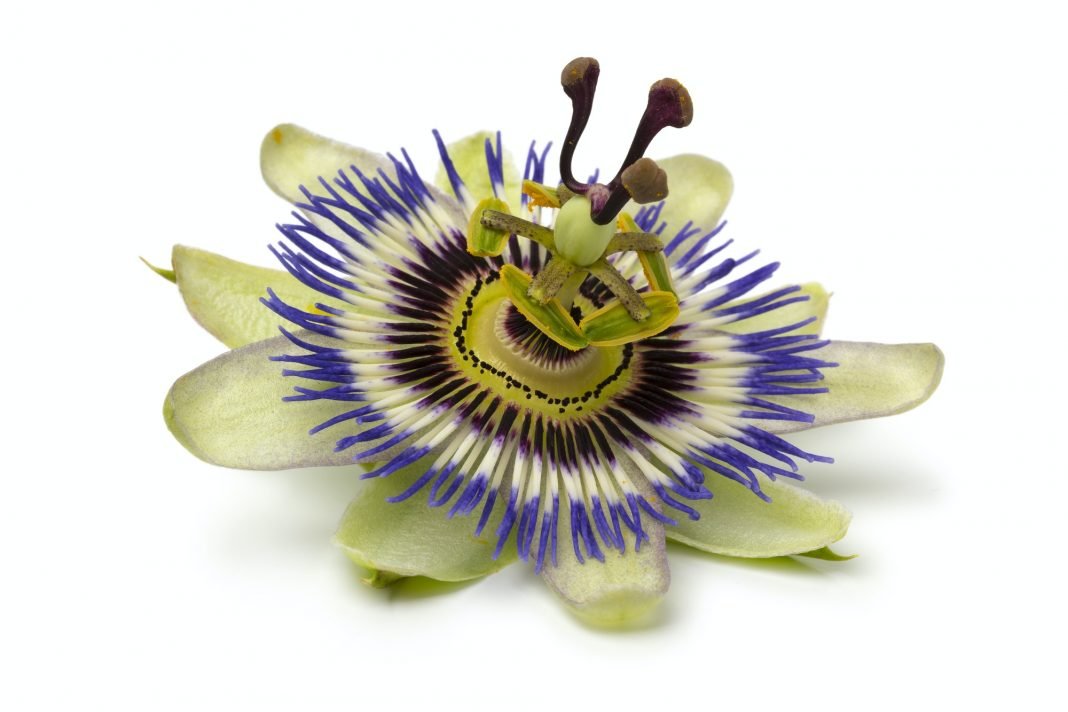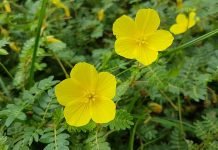Passionflower
Passionflower is a climbing vine known for its beautiful white flowers with purple, blue, or pink calyx crown blooms. Found in North, Central, and South America, passionflower’s leaves, stems, and flowers are used for medicinal purposes.
The passionflower is thought to represent Christ’s passion for all people and his crucifixion. According to John S. Stokes, Jr from the University of Dayton its spiralled tendrils represent the lash of Christ’s scourging, the three stigmas represent the three nails in the cross, the 72 radial filaments represent the thorn crown placed on Jesus’ head, and the red stains represent Christ’s blood. (1)
Passionflower may
- Reduce anxiety by acting as a mild sedative
- Alleviate pain
- Help with type 2 diabetes
- Reduce inflammation
What are the benefits?
1) Acts as a mild sedative
Passionflower is particularly useful for individuals who suffer from anxiety, insomnia and an overactive mind.
2) Has analgesic properties
An analgesic (pain-relieving) herb, which may benefit individuals who suffer from headaches, neuralgia and shingles.
3) Helps with type 2 diabetes
A study on 43 participants who had type 2 diabetes looked at whether passionflower could help to control blood glucose levels. They were given 30 g/day of the yellow passion fruit peel flour for two months. The results show that There was a significant difference in fasting blood glucose values, meaning that taking passionflower has a positive effect on blood glucose levels. (2)
4) Reduces inflammation
It may reduce inflammation in the body that could potentially cause disease. Researchers analysed the phytonutrient and antioxidant properties of the wild passion fruit species P. Tenuifila and P. Setacea. They paid particular attention to the seeds and explants from seedlings as well as the adults. The high level of phenolic compounds seems to hold the antioxidant activity of methanolic extracts of P. Tenuifila derived from 45-day-old immature seed callus. (3)
Passionflower synergy and works well with
- Valerian for mild anxiety and insomnia
- Lemon balm to help with anxiety and panic attacks
- Vitamin B complex for anxiety and insomnia due to stress
- Chamomile tea for calming and nerve soothing effects
- Lavender essential oil to relieve cases of stress-induced insomnia
Some things to consider
Passionflower may interact with anti-depressant drugs.
Resources
Last accessed online 20/04/2020
- https://udayton.edu/imri/mary/p/passion-flower.php
- https://www.ncbi.nlm.nih.gov/pubmed/23088514
- https://www.ncbi.nlm.nih.gov/pubmed/27108307







